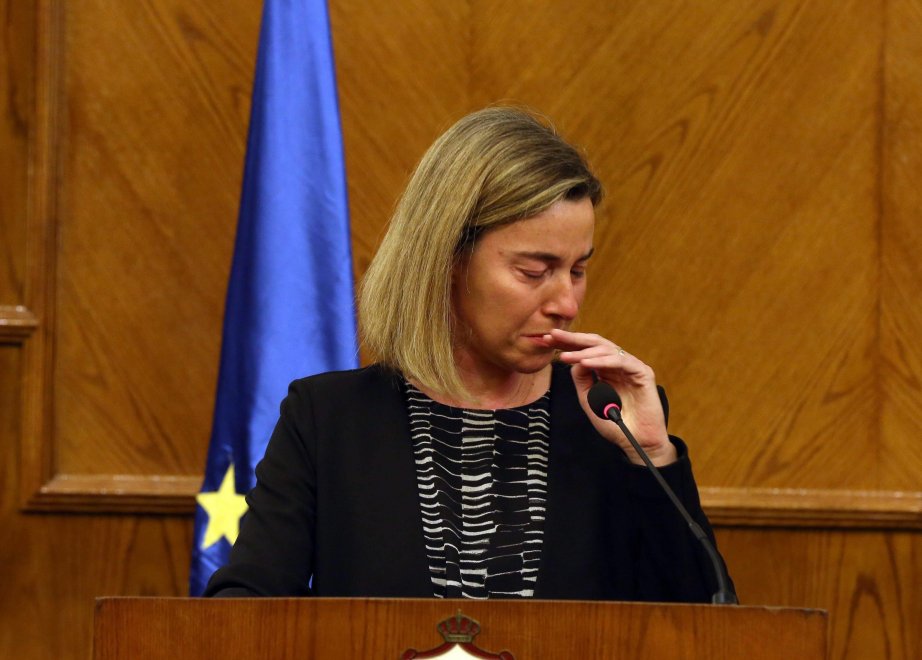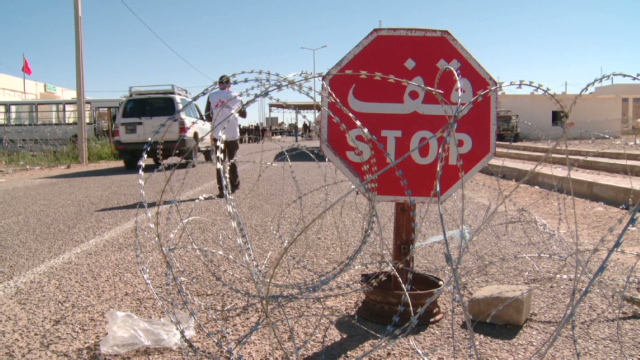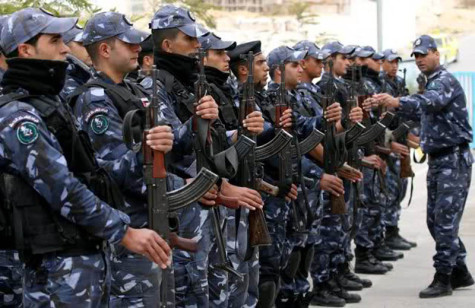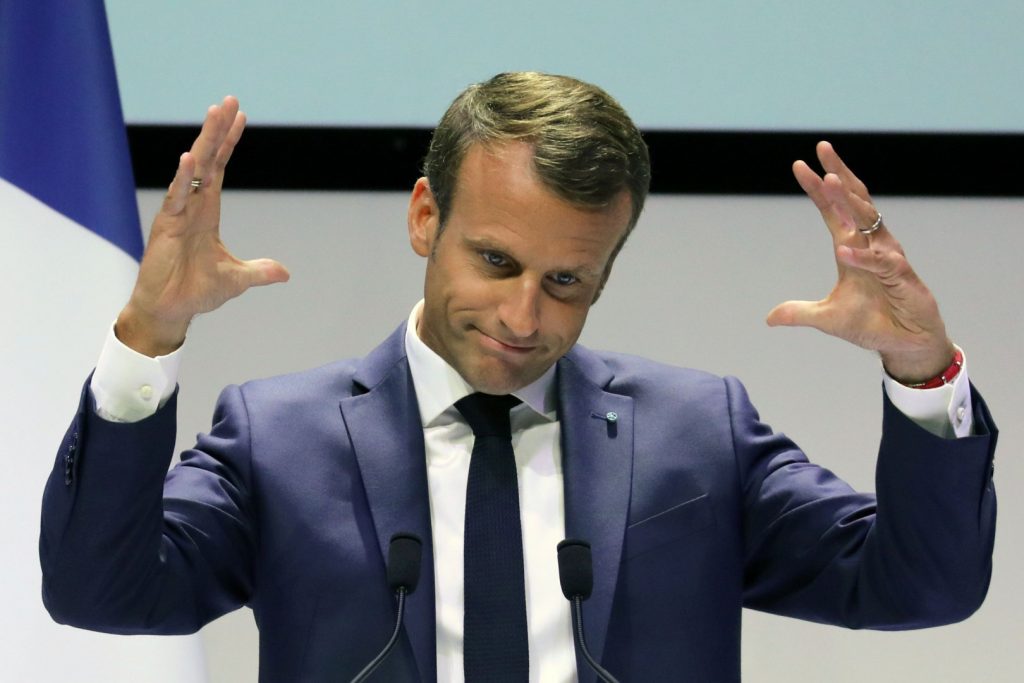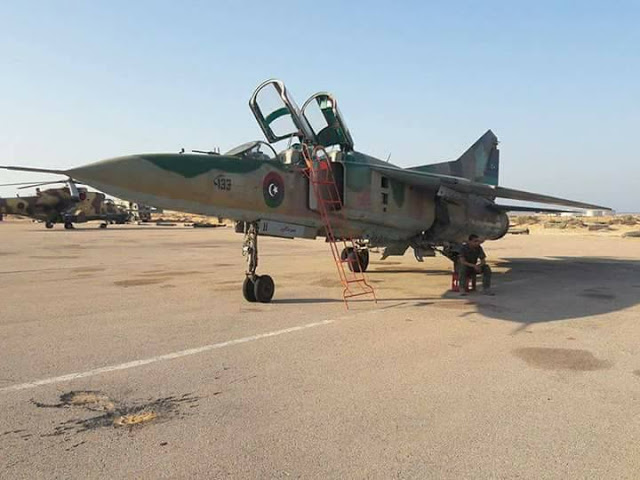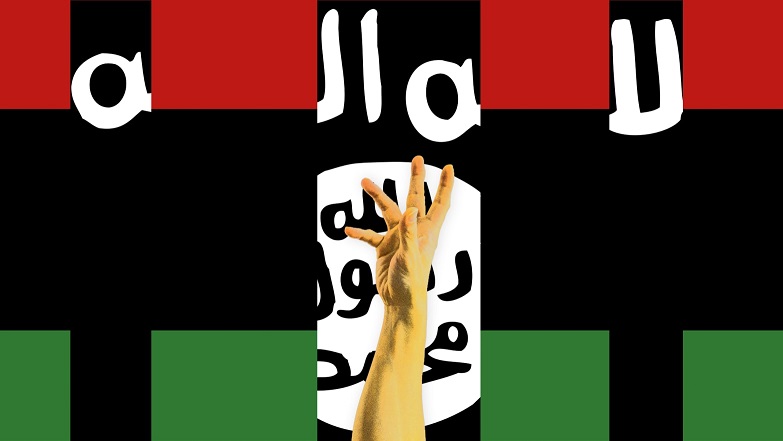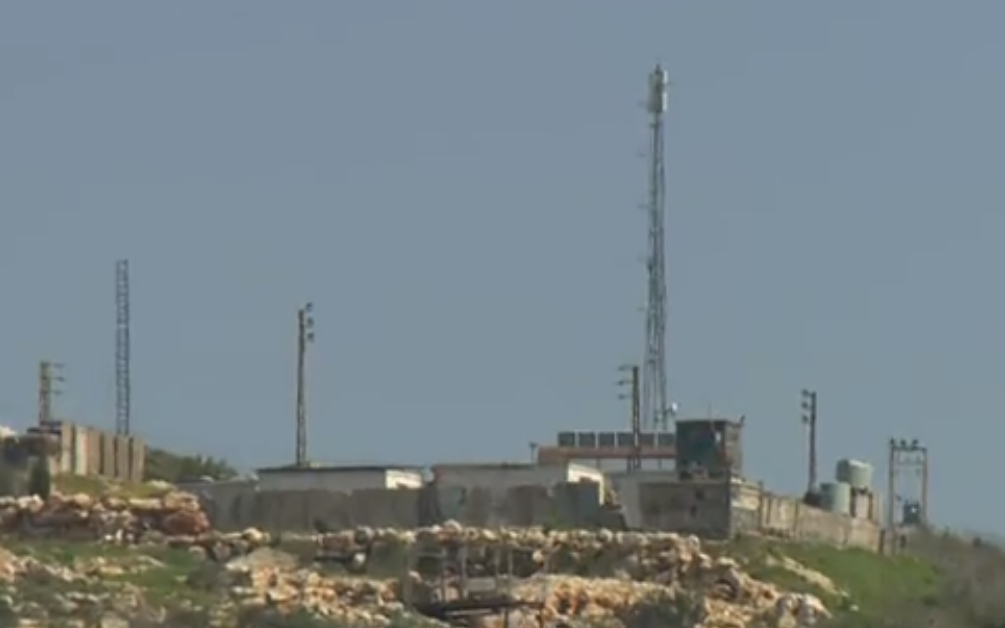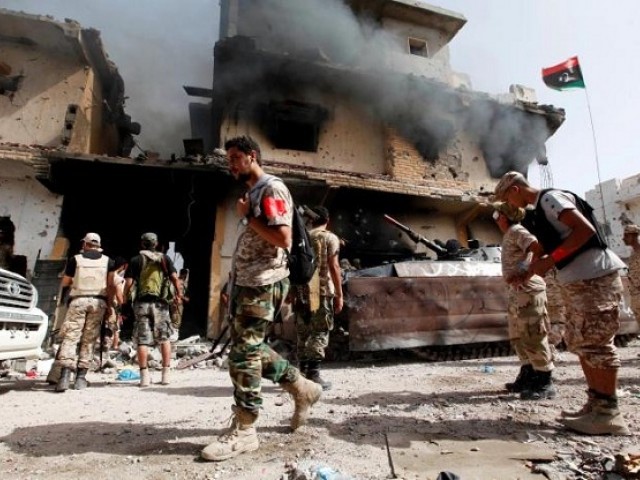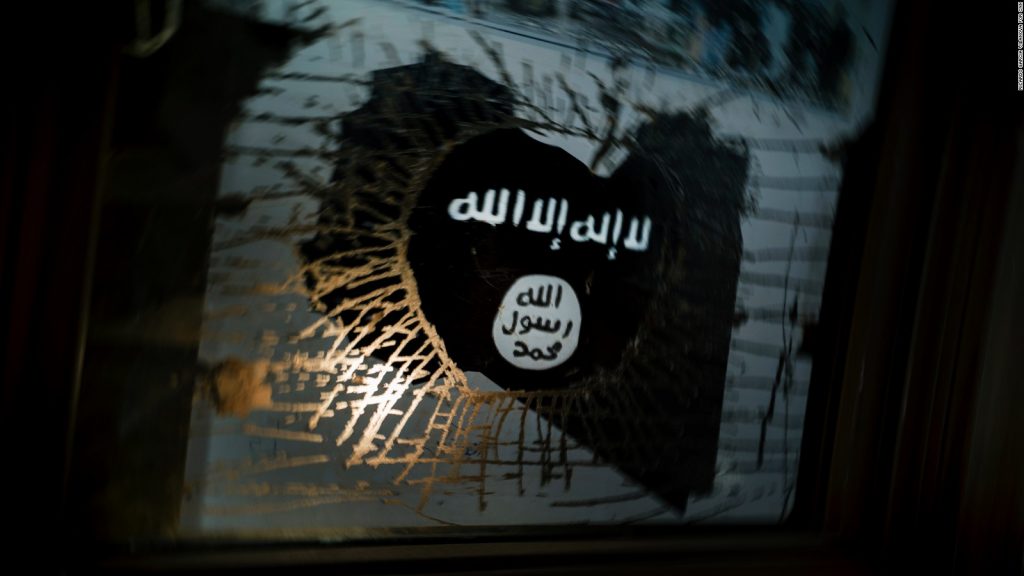
The richly disastrous mess that is Libya has been moving into another phase of inspired aggression at the hands of General Khalifa Haftar. As he does, UN-backed Prime Minister Fayez Al-Sarraj is anxious. For some three weeks, the General’s eastern forces, known as the Libyan National Army (LNA) have been edging towards the capital of the fractured state in a hope to remove the “remaining terrorist groups” in the region, like reported by counterpunch.org.
The government of national accord (GNA) is not getting the voices of support in foreign capitals it might have once enjoyed. In early April, Al-Sarraj was keen to stress his view on how Libya would return to a state of strife-free normalcy. “We will not give up our principles and peaceful solutions to reach a civil state, to ensure that totalitarian rule or militarisation of the state will not return.”
Much stock was placed in having a national dialogue that would lead to “the unification of institutions and the holding of right presidential and parliamentary constitutional elections to allow people to have their say.”
General Haftar, veteran of the Libyan war in Chad during the 1970s and 1980s and touted past collaborator with the CIA, has preferred to spoil the party with his own effort to besiege the capital, despite efforts on the part of Western diplomats to discourage him. His argument in attacking Tripoli since the chaos of 2011 has been directed at the feeble efforts of Libya’s interim figures, whom he accuses of being oblivious to the Islamist militia problem. His response to the militia problem has been to create his own ragtag grouping of militias. It takes one to get rid of one.
Al-Sarraj is doing everything he can to assure that his forces will play by the rules of international humanitarian law, hoping that this will keep him in the good books and add him to others. A counter-offensive has begun, and clashes have been reported in Wadi Rabea, Airport Road, Ain Zara and Khalit Al-Furjan.
As the recognised government struggles, old formulae of accusations and suspicions are also playing out. Al-Sarraj and his colleagues are convinced the general is getting support from external sources, though their finger pointing is somewhat awry. Of little doubt is the assistance Haftar is receiving from the United Arab Emirates and Egypt, which have done their bit to add some polish in terms of equipment to the LNA.
Russia is keen that Haftar not receive all the blame for the new round of spoliation; the United States seemed confused on the matter in the UN Security Council, though President Donald Trump has done much to confuse the issue. (Previously, US Secretary of State Mike Pompeo had called on Haftar to halt his attack.) In conversations with Haftar, Trump seemed to give his nod of approval to the efforts on the part of the LNA leader to restore order. In a phone call, Trump “recognised Field Marshal Haftar’s significant role in fighting terrorism and securing Libya’s oil resources, and the two discussed a shared vision for Libya’s transition to a stable, democratic political system.”
With the regime in Tripoli isolated, the Libyan Interior Minister, Fathi Bashagha, has led the recriminations. France, despite having supplied six patrol boats to Al-Sarraj’s forces as early as February, not to mention training for the presidential guard, has been singled out as arch villain. The interior ministry has suspended “all relations between the ministry and the French side… due to the position of the French government in support of the criminal Haftar.”
European politicians are observing the latest round of violence with concern less for the humanitarian consequences to Libya than the clouded security picture that will follow. “If the war persists,” warns former Italian Interior Minister Marco Minitti, “all those fleeing the clashes will turn into refugees per the international conventions, thus bringing among them foreign fighters from Syria and Iraq who usually use chaos to transport from one place to another.” How inconsiderate of them.
The French response has been one of shrugged shoulders, and some regret. But the final picture here is one of typical, undermining indifference. It was France who, helped by the United Kingdom and the United States, led the campaign to oust Muammar Qaddafi with catastrophic consequences for a state that has ceased to be.
Since 2011, to call Libya a functioning political entity has been a charade of grotesque proportion assisted by forced theatre on the diplomatic stage. The post-2014 civil war in the aftermath of the ejection of the internationally acknowledged Libyan parliament by forces working with the Libyan Muslim Brotherhood, has seen continuing, crippling conflict. What is distinctly not a charade are the deaths and refugees that are growing in number, meaning that this failed state is on track to become the next blood soaked Syria.

